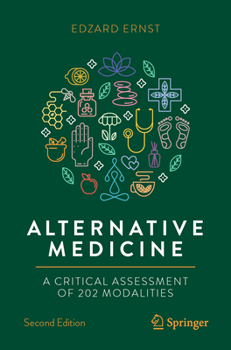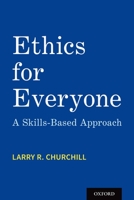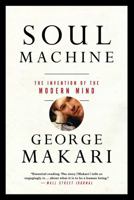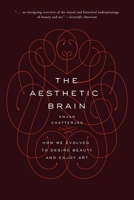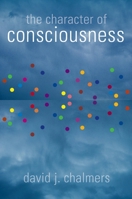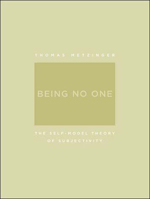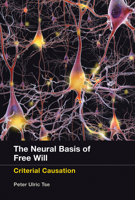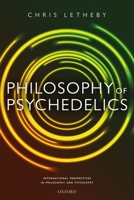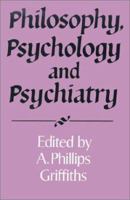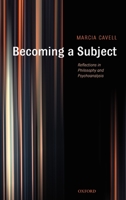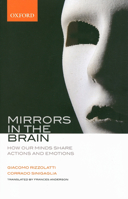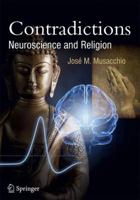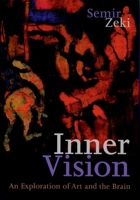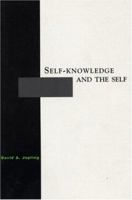Alternative Medicine: A Critical Assessment of 202 Modalities
Select Format
Select Condition 
You Might Also Enjoy
Book Overview
Alternative medicine (AM) is popular; about 40% of the US general population have used alternative treatment in the past year, and in Germany this figure is around 70%. The global market is expected to reach nearly US $ 200 billion by 2025, with most of these funds coming directly out of consumers' pockets.
Consumers are bombarded with misleading and false information on AM and therefore prone to making wrong, unwise, or dangerous therapeutic decisions, endangering their health and wasting their money.
This book is a reference text aimed at guiding consumers through the maze of AM. This second edition includes over 50 additional treatments as well as updates on many others.
Format:Hardcover
Language:English
ISBN:0801424461
ISBN13:9780801424465
Release Date:October 1990
Publisher:Cornell University Press
Length:424 Pages
Weight:1.86 lbs.
Dimensions:0.9" x 6.0" x 9.0"
Age Range:18 years and up
Grade Range:Postsecondary and higher
Customer Reviews
2 customer ratings | 2 reviews
There are currently no reviews. Be the first to review this work.










